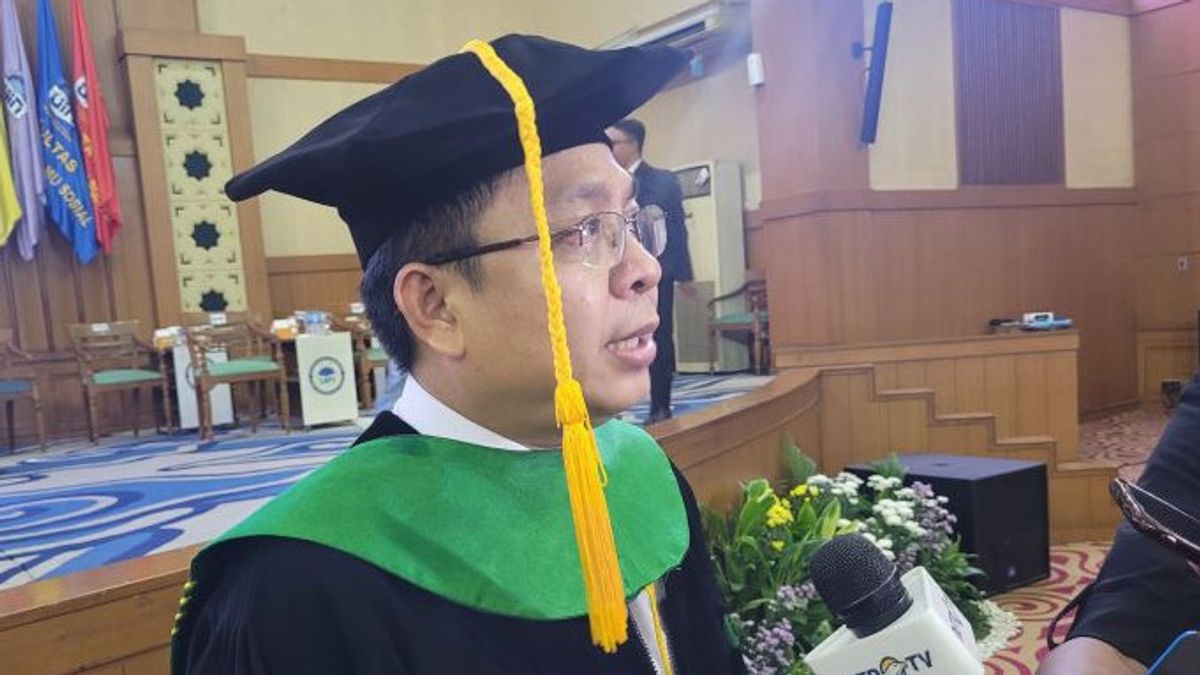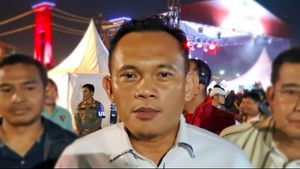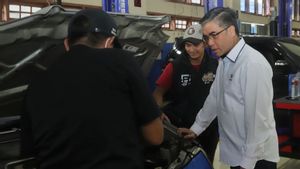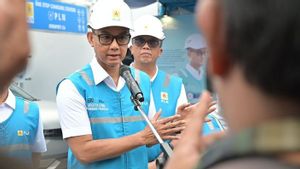JAKARTA - Executive Director of Indonesian Political Indicators Burhanuddin Muhtadi alluded to money politics when he was confirmed to be Professor of Political Science at the State Islamic University (UIN) Syarif Hidayatullah Jakarta. In his scientific oration, Burhanuddin raised the theme "Votes for Sale: Clientelism, Democracy Deficit, and Institution" which in general alluded to money politics in democratic countries during general elections (elections). "I review the dynamics of buying and selling votes in Indonesia and thoroughly investigating. The question is, how much money politics practices in Indonesia and how effective?" he said when met in Jakarta, Wednesday, November 29, which was confiscated by Antara.
Based on his research, around 33 percent or 62 million of the total 187 million voters who were included in the final voter list (DPT) of the 2014 election were involved in money politics. Indonesia is also the country with the third highest money political level in the world, behind Uganda and Benin. Burhanuddin continued voters who became sympathizers on the target of money politics. The amount reached 15 percent of the total voters, while the other 85 percent were mass floating or swing voters.
"They are reluctant to target voters to float because they think they receive money, but about choosing, they cannot be relied on," he said. Burhanuddin admits that the vote purchase strategy only affects the choice of 10 percent of voters. However, this amount is more than enough for many candidates to score a victory in the election. "The candidates need a handful of votes. The 10 percent figure can be the determinant factor. The average margin of victory to beat their rivals is only 1.6 percent. So, (10 percent) can make the difference between the winning and losing candidates," he said.
SEE ALSO:
Present on the occasion were Deputy Chairperson of the MPR Lestari Moerdijat. He believes that the truth of what Burhanuddin explained, because the research on buying and selling votes has been done for a long time and has even become a topic of dissertation.
"I think the scientific speech was very important for us to pay attention to, we underline it, and we explore it because this is actually a warning for all of us. If we want to build real democracy, our homework is still a lot," he said.
The English, Chinese, Japanese, Arabic, and French versions are automatically generated by the AI. So there may still be inaccuracies in translating, please always see Indonesian as our main language. (system supported by DigitalSiber.id)
















